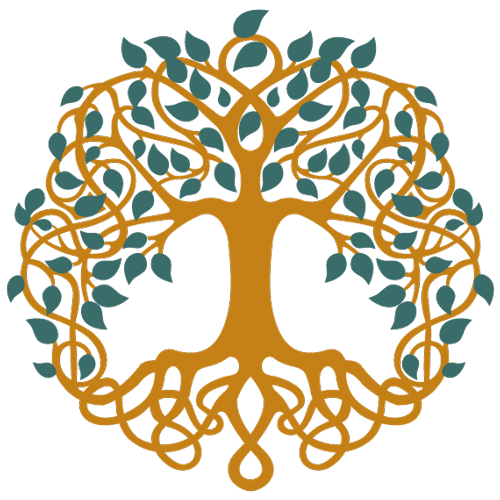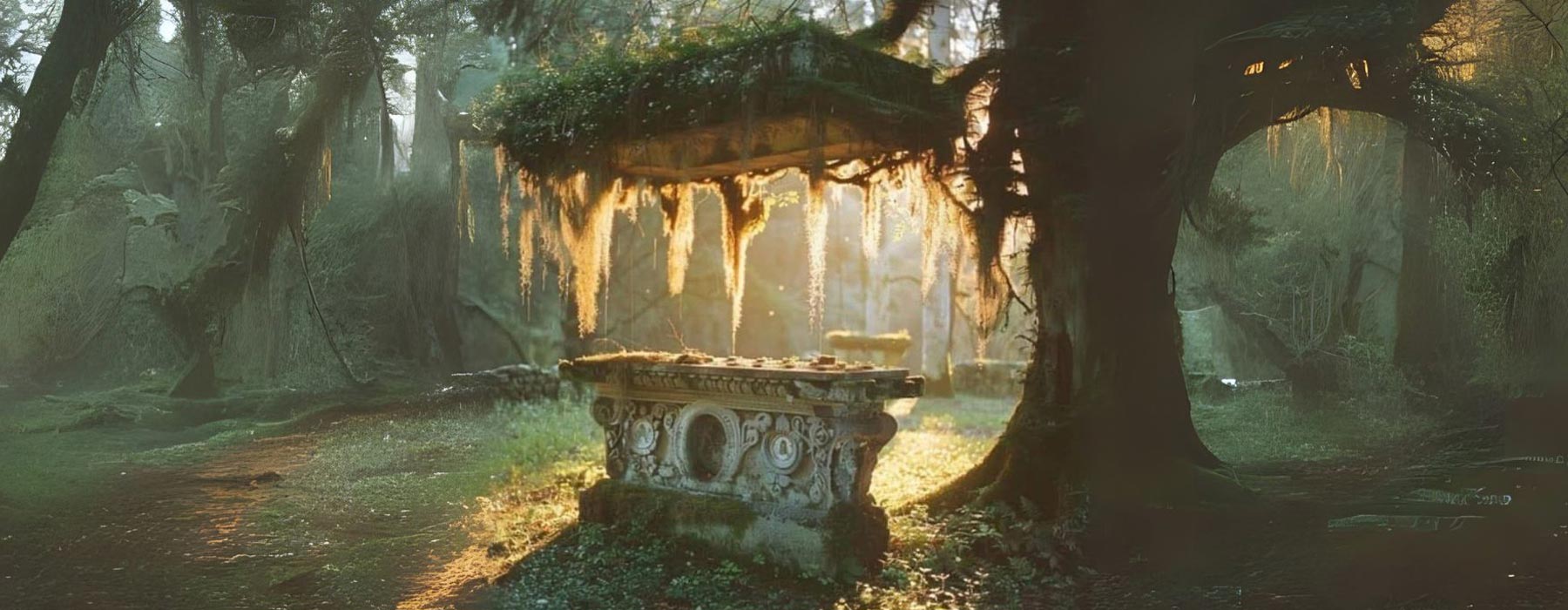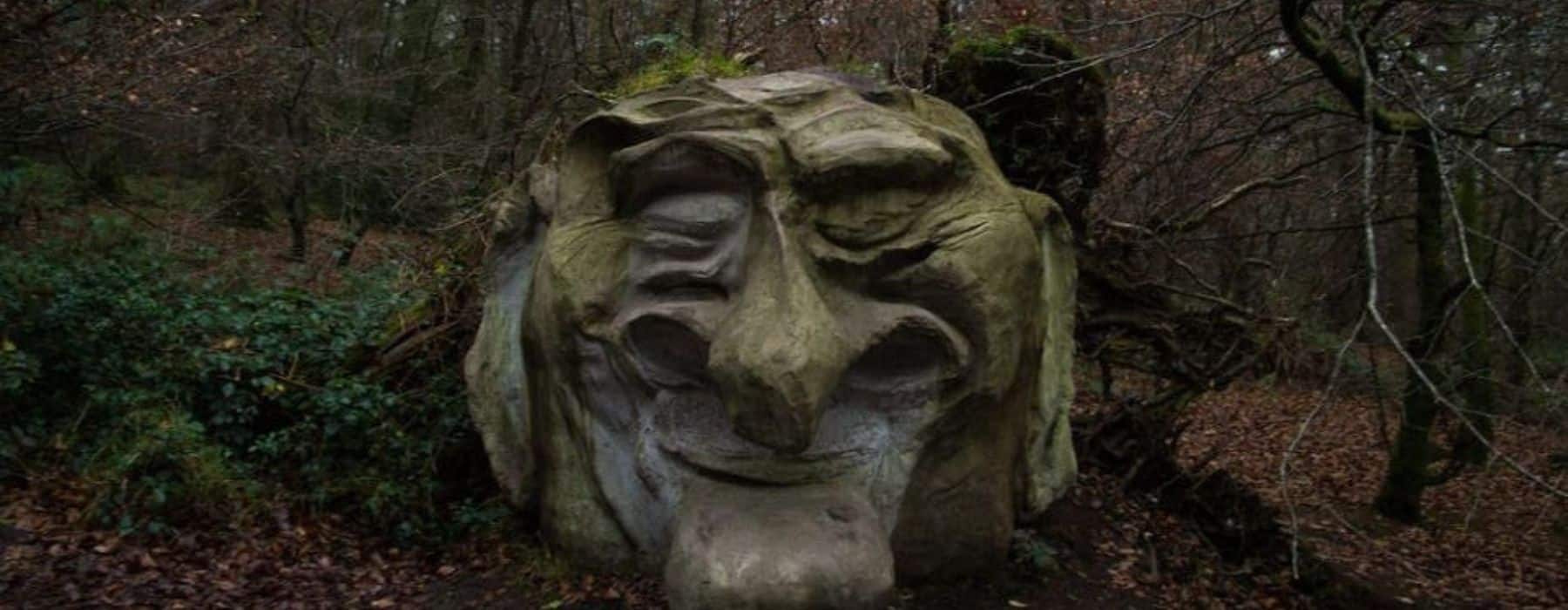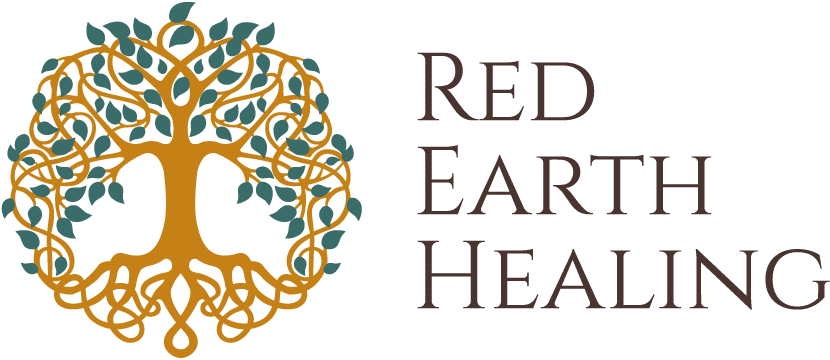As a child, I remember regularly approaching the sanctuary which cradled the altar in our church. It wasn’t just a room—it was a threshold, a place where the air thickened, where something unseen but alive pressed close. You stepped carefully, not just out of reverence but because the space itself demanded it. The holy lived there, not as an idea, but as a presence—woven in the candlelight, the hush of wood and stone, the way dust swirled in shafts of stained-glass sun, a place of refuge, of safety.
But a sanctuary is more than a house for an altar, its table dressed in sacred objects. It is a threshold, a breathing membrane between worlds—a force of resistance, a mycelial uprising against the enclosures of empire.
Consider the way an altar holds space. A candle is not just wax and wick—it is an ember of dawn, an offering to time itself. A stone, resting in the palm, is a fossilized memory, a witness to epochs. Every altar hums with the presence of the unseen, weaving the living and the dead, the tangible and the ineffable, into a communion beyond ownership.
Now, imagine the world as an altar. The dark earth veined with mycelium, pulsing with an intelligence that does not bow to kings. The forests, cathedrals of tangled green, do not require permission to grow. The rivers do not ask for validation to carve new pathways. Every root system, every fungal network, is a sanctuary against the severance of authoritarianism. Against the kleptocracy that would fence the wild and sell its breath for profit.
Authoritarianism does not just build walls—it carves chasms. It unthreads the weave, frays the edges of kinship, makes us forget the shape of each other’s hands. It severs the living from their dead, the human from the more-than-human, the body from the land that once knew its name. It exiles us from our sanctuaries, expelling people from friends, from family, from the language of their own intuition. Regimes sever, silence, disorient. They turn communities into clusters of strangers, whispering behind locked doors. They make survival feel solitary so that resistance feels unreachable.
But sanctuary, when well tended, refuses to be undone. It holds memory, remembers. It reweaves. A threshold opens where the chasm was cut. A mycelial thread reaches across the wound. Beneath the surface, the mycelium still listens. The old networks still hum, still hunger, still wait for our communion, like dry soil does for the first taste of rain. It is a spell—a soft rebellion woven in whispers and rooted in care. It moves beneath empire like underground rivers, like roots pressing toward one another in the dark. It does not need permission. It does not ask if survival is allowed. It simply nourishes. It simply protects. A gathering begins at the forest’s edge, where voices, long silenced, are learning to sing again.
The early days of the pandemic forged the necessity of small constellations of care—our COVID pods. How we reached for each other, instinctively weaving safety in the face of uncertainty. These pods weren’t just practical; they were ancient. A remembering written into our bones. In a world that had been training us for individualism, for isolation, we found ourselves drawn back into the old ways—circling around shared meals, the quiet promises of cooperative safety, the mycelial logic of survival.
Again we are called to build sanctuary, and it looks like hands passing food across fences, whispered names of safe houses, emergency funds pulled from pockets before the system can extract its price, knowing—who has an empty room, a warm meal, who will open the door when the sirens scream. It looks like an old, ancient remembering: that no one weaves alone.
Each act of care is a stitch in the fabric of resistance, a strand in the web that refuses to be unraveled. Every time we reach out, offer, protect, we are casting a spell that empire cannot untangle—a spell that says: You are not alone. You were never alone. The weave is still here.
The mycelium does not ask for permission. Neither should we. This is how we build our sanctuary networks, our altars of wild refuge.





